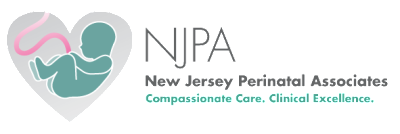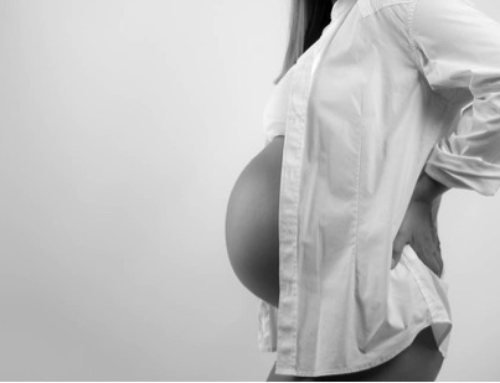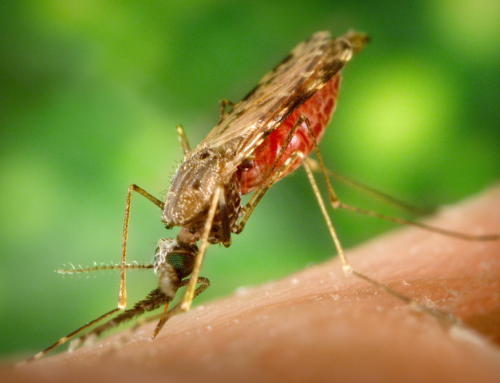
Bleeding During Pregnancy
Although frightening, bleeding during pregnancy is not always a cause for concern. In fact, bleeding during the first trimester is actually common and most likely harmless. If bleeding occurs during the second and third trimesters, however, it may be a sign of a more serious complication. No matter where you are in your pregnancy, any symptoms you experience, such as bleeding, should be discussed with your doctor. Having an assessment during pregnancy can be extremely helpful in allowing a doctor to determine the presence of any complications.
Causes of Bleeding During Pregnancy
Bleeding during pregnancy can be attributed to many different causes, and while some cases are more serious, others might actually be harmless to both the mother and child. Continue reading for some possible reasons for bleeding or spotting during pregnancy.
Hormonal Changes
Pregnancy hormones can alter a woman’s cervix, making it more sensitive and more susceptible to bleeding after intercourse.
Implantation Bleeding
This kind of bleeding occurs about 6-12 days after conception as the fertilized egg attaches to the uterine wall. Everyone experiences implantation bleeding differently. Some women may experience light spotting for a few hours, others may experience this for a few days and some women will not experience it at all.
Sexual Intercourse
One of the most common reasons for bleeding during pregnancy is sexual intercourse. Because the cervix is so sensitive and there is an increased blood flow to the cervix when a woman is pregnant, some women may experience bleeding after sex. It is important to note that having sex while pregnant will not cause a miscarriage nor will it harm the baby, which is protected in the uterus. If you experience bleeding after intercourse, the best thing to do is hold off for a while until you speak with your doctor.
Miscarriage
Miscarriages often occur during the first twelve weeks of pregnancy and are the body’s way of terminating an unhealthy pregnancy. Signs of a miscarriage include vaginal bleeding and cramps that are stronger than menstrual cramps. After the first trimester, the risk of having a miscarriage greatly decreases. Although it may not be a miscarriage, bleeding during the second and third trimesters can be a sign of a serious complication and should be discussed with your doctor as soon as possible.
Placental Abruption
Placental abruption and placenta previa usually occurs during the second half of a pregnancy and can cause immense bleeding. Although rare, placental abruption occurs when the placenta detaches from the uterine wall. Placenta previa occurs when the placenta either completely or partially covers a woman’s cervix. Both conditions can be life threatening for both the baby and the mother.
Preterm Labor
Preterm birth can occur as early as 37 weeks and may present with symptoms including vaginal bleeding, cramps, contractions and back pain. Before 37 weeks, experiencing any of these symptoms may mean you are going into early labor.
Internal Examinations
Internal examinations, such as a Pap smear or pelvic exam, are usually conducted between the sixth and twelfth week of pregnancy. During pregnancy, there is greater blood flow to the cervix so it is not uncommon to experience spotting after an internal examination. The spotting usually does not last too long and should go away within a day of your examination.
Care for Bleeding During Pregnancy in NJ
If you experience bleeding at any point in your pregnancy, a visit to your doctor can determine the cause of the bleeding and make sure that you receive the appropriate follow-up care (if needed). At New Jersey Perinatal Associates, our physicians have experience working with patients at every stage of pregnancy while identifying complications and creating personalized care plans. Learn more about our high-risk pregnancy specialists in New Jersey:
Our High-Risk Pregnancy Care Services in New Jersey
Along with seeking care if you experience any concerning symptoms during your pregnancy, proper prenatal care is crucial for a healthy pregnancy. We understand that pregnancy can be a stressful time, especially when certain risk factors are present, which is why we are proud to provide care both before and during pregnancy so you can feel confident in your health and the health of your baby. Learn more about the care we provide for those with high-risk pregnancies in NJ:
- Prenatal Diagnosis
- Medical Complications of Pregnancy
- Pregnancy-Related Complications
- Preconception Counseling
High-Risk Pregnancy Care in NJ
Our team of dedicated physicians at New Jersey Perinatal Associates wants to help you with any questions or concerns you may have about your pregnancy. We see patients at our office locations in Belleville, Livingston, Paramus, Parsippany, Teaneck, Warren, and Westfield, NJ, providing comprehensive care every step of the way. Our perinatologists work hand-in-hand to ensure that a patient’s care journey is cohesive and that all questions are answered, while also forming strong relationships with our referring doctors. We want to help you enjoy your pregnancy and feel confident in a successful outcome – find your nearest location and give us a call today to set up an appointment at NJPA!





